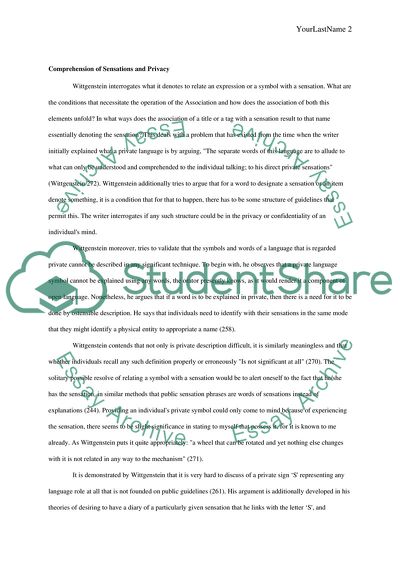Cite this document
(Philosophical Investigations Book Report/Review, n.d.)
Philosophical Investigations Book Report/Review. https://studentshare.org/philosophy/1876678-philosophical-investigations
Philosophical Investigations Book Report/Review. https://studentshare.org/philosophy/1876678-philosophical-investigations
(Philosophical Investigations Book Report/Review)
Philosophical Investigations Book Report/Review. https://studentshare.org/philosophy/1876678-philosophical-investigations.
Philosophical Investigations Book Report/Review. https://studentshare.org/philosophy/1876678-philosophical-investigations.
“Philosophical Investigations Book Report/Review”. https://studentshare.org/philosophy/1876678-philosophical-investigations.


